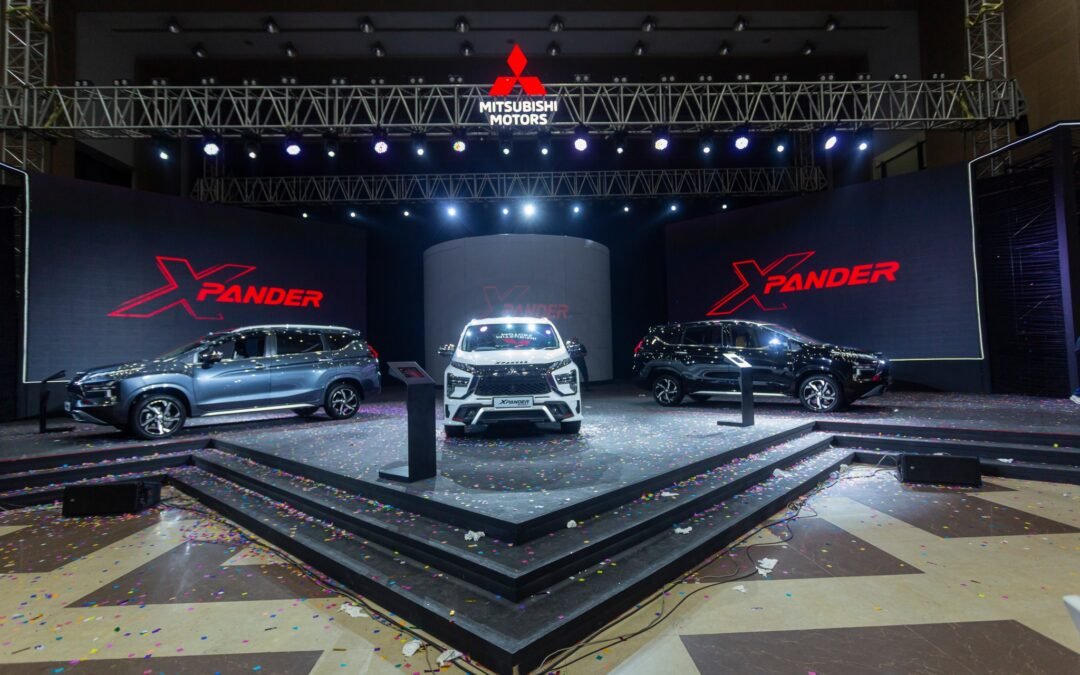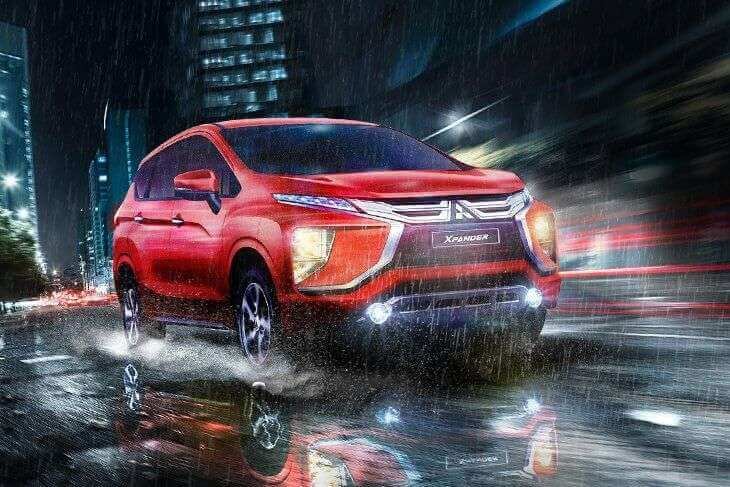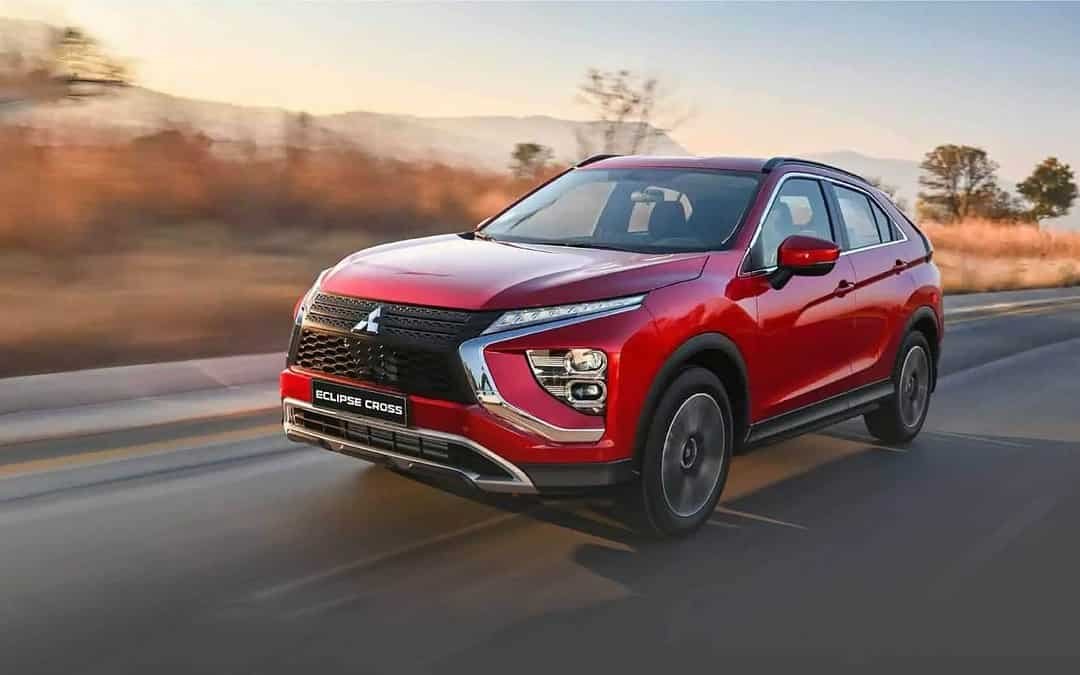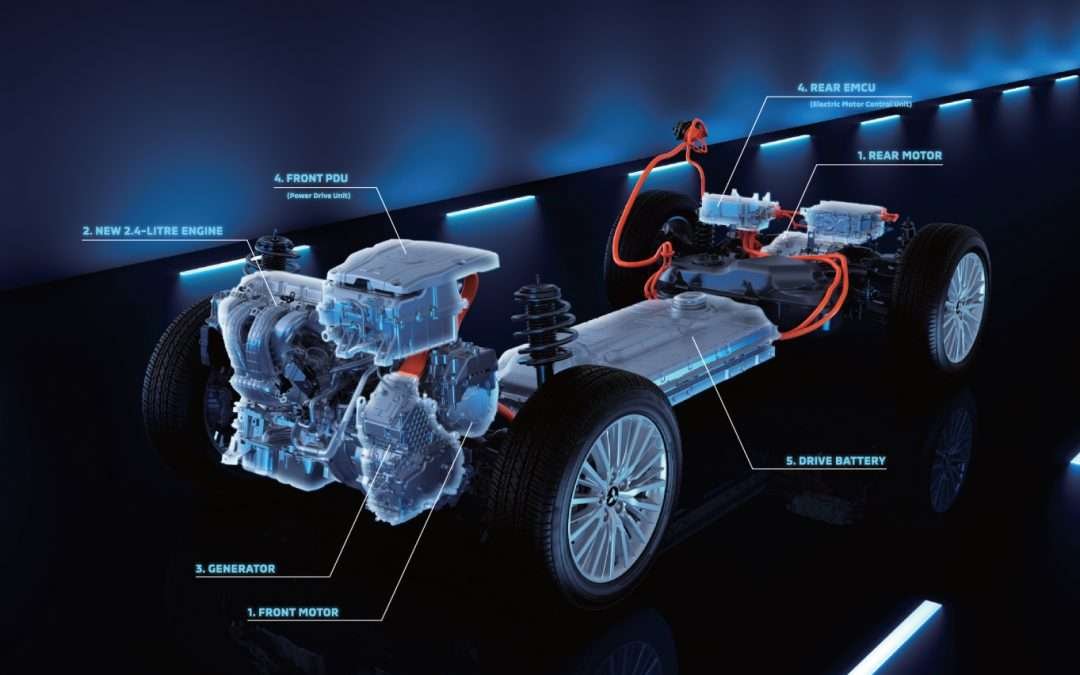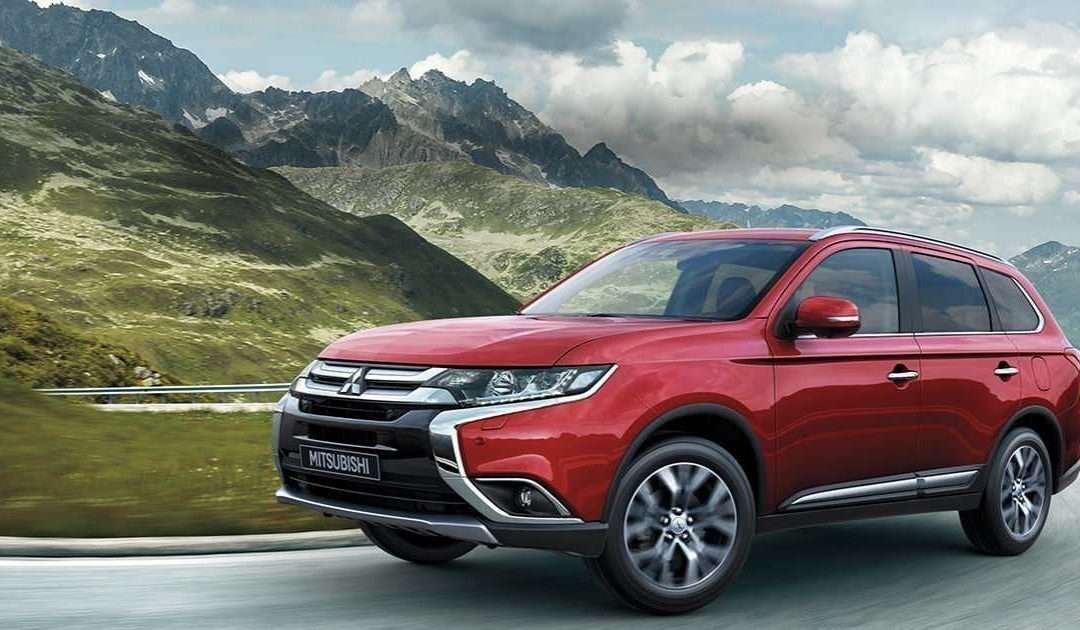The demand for eco-friendly vehicles is on the rise, and hybrid cars have emerged as one of the most popular choices in Bangladesh’s automobile market. These technologically advanced vehicles combine the benefits of both gasoline-powered engines and electric motors, offering a range of advantages over conventional cars. In this article, we will explore in detail the various advantages that hybrid cars bring to Bangladesh’s market, from their fuel efficiency and reduced emissions to their financial incentives and overall contribution towards a greener future. By unraveling these benefits, we hope to shed light on why hybrid cars are becoming increasingly prevalent among consumers in Bangladesh and how they can positively impact not just individual car owners but also the environment as a whole.
Fuel Efficiency: Saving on Costs and Reducing Dependency
Hybrid cars offer a remarkable advantage in terms of fuel efficiency, making them an attractive option for drivers in Bangladesh. By combining both a conventional engine and an electric motor, hybrid cars can achieve significantly higher gas mileage compared to traditional vehicles. This means less frequent trips to the gas station and substantial savings on fuel costs.
The reduced dependency on fossil fuels is another compelling reason why hybrid cars are gaining popularity in Bangladesh’s market. With increasing concerns about finite oil reserves and environmental sustainability, transitioning to hybrids helps diversify the energy sources in transportation. By utilizing electricity as an alternative power source, hybrid cars contribute towards reducing greenhouse gas emissions and combating air pollution, ensuring a greener future for the country.
In addition to economic benefits such as lower fuel expenses and reduced reliance on oil imports, choosing a hybrid car also aligns with Bangladesh’s commitment towards sustainable development goals. The improved fuel efficiency minimizes carbon footprint while promoting eco-friendly practices among consumers.
Environmental Impact: Reducing Emissions and Improving Air Quality
Hybrid cars have a significant positive impact on the environment in Bangladesh. By combining an internal combustion engine with an electric motor, hybrid cars reduce emissions compared to traditional gasoline-powered vehicles. This reduction leads to improved air quality, benefiting both human health and the environment.
- Hybrid cars emit lower levels of greenhouse gases such as carbon dioxide (CO2) than their conventional counterparts. The use of electricity stored in batteries allows these vehicles to operate without relying solely on fossil fuels, reducing CO2 emissions and mitigating climate change.
- In densely populated cities like Dhaka, where air pollution levels are alarmingly high, hybrid cars play a crucial role in reducing harmful pollutants. The integration of electric motors helps minimize tailpipe emissions such as nitrogen oxides (NOx) and particulate matter (PM), known for their detrimental effects on respiratory health.
- Additionally, unlike regular automobiles that idle significantly when stuck in traffic or at red lights resulting in unnecessary fuel consumption and subsequent pollution emission; hybrid cars can automatically switch off their engines during stationary periods using start-stop technology.
Bangladesh’s market stands to benefit tremendously from the adoption of hybrid cars due to their low-emission performance, safeguarding public health by improving air quality throughout the country.
Financial Incentives: Tax Breaks and Government Subsidies
One major benefit of hybrid cars in Bangladesh’s market is the financial incentives provided by the government. These incentives include tax breaks and subsidies that make hybrid vehicles more affordable for consumers. By reducing taxes on hybrid car purchases, the government encourages people to choose eco-friendly options.
- The tax breaks can significantly reduce the upfront cost of purchasing a hybrid car.
- Government subsidies further lower the price of hybrids, making them even more attractive to buyers.
- These financial incentives not only benefit individual consumers but also contribute to reducing air pollution and dependence on fossil fuels.
With these incentives, the overall cost of owning a hybrid car decreases, making it a viable option for many individuals in Bangladesh’s market. This encouragement from the government helps promote sustainable transportation solutions and contributes towards building an environmentally conscious society.
Lower Maintenance Costs: Long-Term Savings for Car Owners
Hybrid cars come with lower maintenance costs compared to traditional gasoline vehicles. Here are the reasons why:
- Fewer repairs: Hybrid cars have fewer moving parts, reducing the likelihood of mechanical failures and breakdowns. With less wear and tear on components like brakes and engine systems, car owners can save money by avoiding frequent visits to the mechanic.
- Regenerative braking system: A feature unique to hybrid cars is regenerative braking, where energy from braking is converted into electrical power that charges the battery. This reduces strain on brake pads and increases their lifespan, resulting in reduced repair or replacement costs.
- Less frequent oil changes: Hybrids typically require oil changes less frequently than conventional vehicles due to their more efficient engines. This not only saves money but also contributes to environmental sustainability by reducing waste generated through old motor oil disposal.
Investing in a hybrid car offers significant long-term savings potential for car owners in Bangladesh’s market. From minimizing repairs and prolonging brake life to saving on costly oil changes, these benefits demonstrate how hybrid technology delivers value beyond fuel efficiency alone.
Enhanced Performance: Power and Efficiency Combined
Hybrid cars offer a unique blend of power and efficiency, making them a top choice in Bangladesh’s market. Combining both gasoline and electric engines, these vehicles provide exceptional performance while significantly reducing fuel consumption. With advanced technology under the hood, hybrid cars optimize energy usage by seamlessly switching between the two power sources based on driving conditions.
One significant advantage of hybrid cars is their ability to generate additional power through regenerative braking. When drivers apply brakes or coast downhill, the electric motor acts as a generator to recharge the battery pack. This regenerative braking system not only enhances overall efficiency but also extends the lifespan of brake pads by reducing wear and tear.
Furthermore, hybrid cars have intelligent systems that automatically shut off the engine when idle or in traffic jams, conserving fuel without compromising comfort. This feature known as “idle-stop” helps reduce emissions and minimizes noise pollution in congested urban areas. As you can see, with their combination of power-packed performance and excellent fuel efficiency features, hybrid cars are revolutionizing the automobile industry in Bangladesh’s market.
Range Anxiety: Overcoming the Limitations of Electric Vehicles
Range anxiety, or the fear of running out of battery power before reaching a destination, is one of the main concerns surrounding electric vehicles (EVs). However, advancements in EV technology and infrastructure are helping to alleviate this issue.
- Improved Battery Technology: Owing to developments in battery technology, newer EV models can now achieve longer ranges on a single charge. This means that drivers can travel further without worrying about finding a charging station.
- Expanding Charging Infrastructure: To address range anxiety, countries like Bangladesh must invest in building an extensive network of charging stations. By strategically placing these stations along major highways and near popular destinations, drivers will have easy access to recharge their EVs whenever needed.
These advancements pave the way for more widespread adoption of electric vehicles by alleviating range anxiety and ensuring that drivers have reliable options for recharging their cars when necessary.
Charging Infrastructure: The Growing Network of Electric Charging Stations
Bangladesh is witnessing a rapid expansion in its electric charging infrastructure as more hybrid cars hit the roads. This network of charging stations plays a vital role in supporting the growth and adoption of hybrid vehicles throughout the country.
- Convenience for Hybrid Car Owners: With an increasing number of public charging stations, hybrid car owners can now easily recharge their vehicles while running errands or during long-distance travels. These stations are strategically located across key areas, providing drivers with reliable access to electricity whenever needed.
- Faster Charging Times: The growing network of charging stations offers fast-charging options that significantly reduce waiting times for vehicle recharging. Some advanced chargers can charge up to 80% battery capacity within just 30 minutes, ensuring minimal downtime for both private and commercial fleet operators.
- Mitigating Range Anxiety: With more electric charging infrastructure available, range anxiety becomes less prevalent among potential buyers considering purchasing a hybrid car in Bangladesh’s market. As they have sufficient options for recharging their vehicles on-the-go, drivers can feel more confident about traveling longer distances without worrying about draining their batteries completely.
- Expansion of Renewable Energy Integration: Many public charging stations utilize renewable energy sources such as solar power to supply electricity to hybrid cars. This integration promotes sustainable practices by reducing dependence on fossil fuels and lowering carbon dioxide emissions into the atmosphere.
Resale Value: Hybrid Cars as a Wise Investment
Hybrid cars offer a significant advantage when it comes to resale value in Bangladesh’s market. The demand for eco-friendly vehicles is growing rapidly, and hybrid cars are at the forefront of this trend. As more people recognize the long-term benefits of reducing emissions and fuel consumption, the demand for pre-owned hybrid cars is expected to skyrocket.
Investing in a hybrid car can be seen as a smart financial decision, considering their strong resale value. Due to their energy-saving features and lower maintenance costs compared to traditional gasoline-powered vehicles, hybrids retain their value better over time. This means that when the time comes to sell or trade-in your hybrid car, you can expect to get a higher return on your investment compared to conventional cars.
The reliable reputation of hybrid cars combined with increasing environmental awareness makes them an attractive choice for buyers looking for both performance and sustainability. Their popularity translates into greater resale opportunities, positioning hybrid cars as not only an environmentally conscious option but also a wise investment choice in Bangladesh’s market.
Noise Reduction: Quieter Rides for a More Pleasant Experience
One of the key benefits of hybrid cars is their significantly reduced noise level compared to traditional gasoline-powered vehicles. The advanced technology used in hybrid cars helps suppress both engine and road noises, providing passengers with a quieter ride. This feature is particularly important for crowded city streets, where excessive noise pollution can contribute to stress and fatigue.
Hybrid cars employ various noise reduction techniques such as improved insulation, vibration isolation, and sound-absorbing materials. These measures not only enhance passenger comfort but also contribute to a more enjoyable driving experience overall. Whether you’re commuting through traffic or embarking on long journeys across Bangladesh’s diverse landscapes, the reduced noise levels in hybrid cars create a serene environment that adds an extra layer of luxury to your travels.
In addition to reducing external noise, many hybrid models come equipped with regenerative braking systems that further minimize distracting sounds caused by sudden deceleration or braking. With smoother transitions between acceleration and deceleration modes, the peace-of-mind associated with quiet rides becomes another advantage worth considering when choosing a vehicle tailored for the needs of Bangladesh’s market.
Job Creation: Fueling the Growth of the Green Economy
Hybrid cars in Bangladesh’s market have the potential to generate significant job opportunities. The introduction of hybrid car manufacturing plants will create new employment prospects for technicians, engineers, and assembly line workers. These jobs not only contribute to a reduction in unemployment rates but also spur economic growth.
Additionally, the growth of the hybrid car industry can lead to indirect job creation. With more demand for hybrid cars, industries related to battery production, charging infrastructure development, and renewable energy generation will experience a surge in activity. This expansion will require skilled professionals such as electricians, mechanics, and renewable energy specialists.
The ripple effects caused by hybrid car adoption extend beyond job creation itself; they result in an overall boost to Bangladesh’s green economy. As more individuals switch from traditional gasoline-powered vehicles to hybrid cars, there is reduced reliance on fossil fuels. This transition lowers carbon emissions and reduces environmental degradation. By fueling sustainable transportation options like hybrids, Bangladesh can position itself as a global leader in environmentally-friendly technologies while supporting local businesses and creating much-needed employment opportunities for its citizens.
Health Benefits: Improving Public Health with Cleaner Vehicles
Reduced Air Pollution
Hybrid cars in Bangladesh’s market offer significant health benefits by reducing air pollution. These vehicles produce lower emissions of harmful pollutants compared to traditional gasoline-powered cars. By employing a combination of an internal combustion engine and an electric motor, hybrid cars consume less fuel, resulting in decreased exhaust emissions that contribute to smog and poor air quality. This reduction in air pollution can help prevent respiratory illnesses such as asthma and bronchitis, ultimately improving public health.
Lower Noise Pollution
Another advantage of hybrid cars is their contribution to reducing noise pollution. These vehicles operate on electric motors at low speeds, causing minimal noise disturbance compared to conventional engines that generate loud noises from combustion processes. With quieter transportation options like hybrids becoming prevalent in Bangladesh’s market, communities experience less noise pollution which can lead to improved mental well-being and reduced stress levels.
Increased Fuel Efficiency
One of the key advantages of hybrid cars is their high fuel efficiency. The combination of an internal combustion engine with an electric motor allows these vehicles to consume less fuel than traditional gasoline-powered cars on average. This not only saves drivers money but also decreases the dependency on fossil fuels for transportation purposes. As a result, the consumption of finite energy resources is minimized while reducing greenhouse gas emissions that contribute to climate change and its associated adverse health effects such as heat-related illnesses.
Climate Change Mitigation: Hybrid Cars as a Step towards a Greener Future
Hybrid cars play a crucial role in mitigating climate change due to their reduced greenhouse gas emissions. By combining an electric motor with an internal combustion engine, these vehicles achieve higher fuel efficiency and emit significantly fewer pollutants compared to traditional cars. This reduction in emissions helps to combat air pollution and address the global challenge of climate change.
In addition to reducing emissions, hybrid cars also contribute to energy conservation. The regenerative braking feature of hybrid vehicles allows them to convert kinetic energy into electric energy while decelerating or coming to a stop. This energy is then stored in the battery for later use, reducing reliance on fossil fuels and promoting more sustainable transport options.
Moreover, the adoption of hybrid cars in Bangladesh’s market can lead to significant benefits for both individuals and society as a whole. By choosing hybrid vehicles over conventional ones, consumers can save money on fuel costs due to increased mileage per gallon. Additionally, promoting the use of hybrids can stimulate economic growth by creating new green jobs and supporting technological advancements within the automotive industry.
Key Benefits of Hybrid Cars:
- Reduced greenhouse gas emissions
- Improved fuel efficiency
- Energy conservation through regenerative braking
- Cost savings on fuel expenses
- Stimulated economic growth through green job creation
Increased Energy Security: Reducing Dependence on Imported Fuels
Hybrid cars play a crucial role in enhancing energy security and reducing Bangladesh’s reliance on imported fuels. By incorporating both an internal combustion engine and an electric motor, these vehicles significantly improve fuel efficiency compared to traditional gasoline-powered cars. As a result, they consume less petroleum-based fuel, thus minimizing the need for imports.
By decreasing reliance on imported fuels, hybrid cars help mitigate some of the economic challenges that arise from fluctuating international oil prices. Bangladesh currently faces significant expenses related to fuel imports, which pose risks to its economic stability. Hybrid cars offer a viable solution by allowing individuals and businesses alike to reduce their overall consumption of expensive imported fuels.
Furthermore, this reduction in dependence benefits not only the economy but also national security as it decreases vulnerability to disruptions or spikes in global oil markets. With a greater number of efficient hybrid vehicles on its roads, Bangladesh can enhance its energy self-sufficiency while promoting sustainability and environmental conservation—a win-win situation for both consumers and the nation as a whole.
Government Initiatives: Policies and Support for Hybrid Vehicle Adoption
The government of Bangladesh has implemented several initiatives to encourage the adoption of hybrid vehicles in the country. These policies aim to promote sustainable transportation options, reduce air pollution, and conserve energy resources.
- Tax Incentives: The government offers tax incentives for individuals purchasing hybrid cars. Buyers can enjoy reduced import duties and other taxes, making these vehicles more affordable compared to traditional gasoline-powered cars.
- Subsidized Loans: To further support the purchase of hybrid vehicles, the government provides subsidized loans with lower interest rates. This makes it easier for individuals to finance their purchase while facilitating greater accessibility.
- Infrastructure Development: The government is actively working on developing charging infrastructure across the country. It aims to set up charging stations at strategic locations such as commercial areas and highways, enabling hybrid car owners to conveniently charge their vehicles.
By implementing these policies and providing necessary support, the government is playing a crucial role in promoting the adoption of hybrid cars in Bangladesh’s market.
Consumer Perception: Shifting Attitudes towards Hybrid Cars
Shifting Consumer Attitudes towards Hybrid Cars
Consumer perception of hybrid cars in Bangladesh has seen a significant shift over the past few years. Initially viewed as expensive and impractical, there is now a growing awareness among consumers about the benefits of these eco-friendly vehicles.
Rising Environmental Concerns
One key driver behind this change in consumer perspective is the increasing concern for environmental issues such as air pollution and climate change. As individuals become more conscious of their carbon footprint, they are actively seeking out alternatives to traditional gasoline-powered vehicles.
Cost-Effective Fuel Efficiency
Another factor that has contributed to the changing attitudes towards hybrid cars is their improved fuel efficiency. With rising fuel prices, consumers are recognizing the cost savings associated with owning a hybrid vehicle. The combination of an electric motor and internal combustion engine allows for reduced fuel consumption, making hybrids an attractive option for budget-conscious car buyers.
In conclusion, shifting consumer attitudes towards hybrid cars in Bangladesh can be attributed to rising environmental concerns and cost-effective fuel efficiency. As more individuals prioritize sustainability and look for ways to save money on transportation expenses, hybrids have emerged as an appealing choice in the market.
Challenges and Opportunities: Navigating the Hybrid Car Market in Bangladesh
Challenges
- Price: One significant challenge of the hybrid car market in Bangladesh is their high price. These vehicles typically cost more than conventional cars, making them less affordable for many consumers.
- Limited Infrastructure: Another hurdle is the limited availability of charging stations and infrastructure to support hybrid cars. This lack of infrastructure makes it difficult for owners to charge their vehicles conveniently.
- Lack of Awareness: The unfamiliarity with hybrid technology among potential buyers poses a challenge as well. Many consumers are unaware of the benefits and features offered by these eco-friendly vehicles, leading to lower demand.
Opportunities
- Government Incentives: The Bangladeshi government has shown interest in promoting environmentally friendly transportation options through various incentives such as tax exemptions or reductions for electric and hybrid vehicles, creating an opportunity for growth in this market.
- Rising Fuel Costs: As fuel prices continue to rise globally, there is an opportunity for hybrid cars’ increasing popularity due to their superior fuel efficiency and lower operating costs over time, providing a long-term economic benefit for car owners.
- Environmental Concerns: With growing awareness about climate change, there is an increased interest in reducing carbon emissions in Bangladesh’s auto industry; thus, hybrids provide an ideal solution that can help reduce pollution levels while still offering mobility and convenience.

